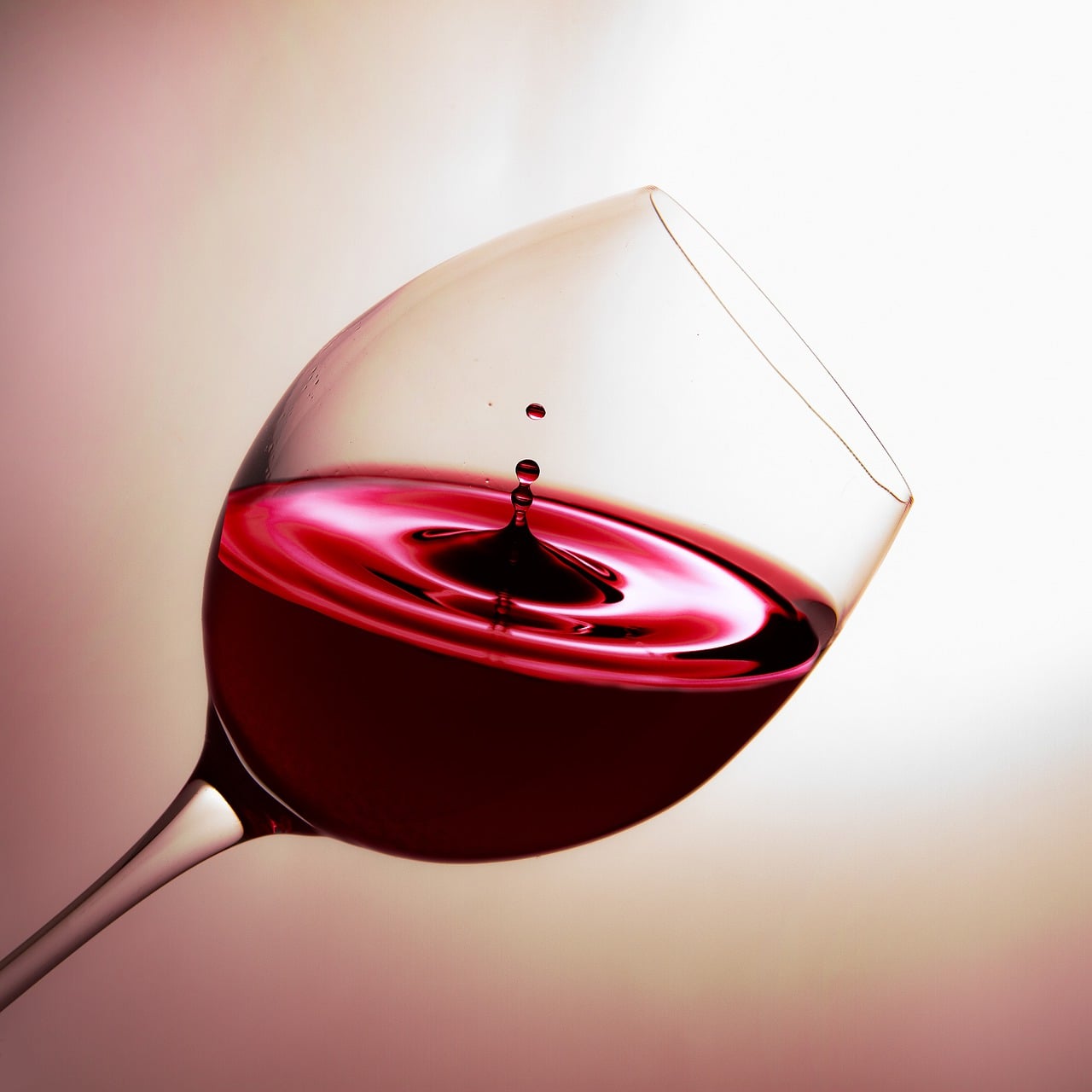The human body is accustomed to the gravity and other conditions on Earth, but in conditions like those on the moon or Mars, the body gets tired, mainly because of the lack of a natural oxygen source and different gravity. Now a new study has found that Mars explorers may be able to use an antioxidant in red wine to stay strong while on the Red Planet.
A new study published in the journal Frontiers in Physiology found that resveratrol, an antioxidant in red wine, preserved muscle mass and strength in experiments conducted on rats exposed to artificially-created conditions like those on Mars.
“After just 3 weeks in space, the human soleus muscle shrinks by a third,” lead author Dr. Marie Mortreux of Beth Israel Deaconess Medical Center at Harvard Medical School said in a statement. “This is accompanied by a loss of slow-twitch muscle fibers, which are needed for endurance.”
Mars’ gravitational pull is just 40% of Earth’s. Thus, scientists must find a way to prevent human muscles from changing and degrading, now that space exploration is set to start again in a few years. The Artemis lunar mission is scheduled first, followed by a mission to Mars.
“Dietary strategies could be key,” Mortreux said, “especially since astronauts travelling to Mars won’t have access to the type of exercise machines deployed on the ISS.”
Resveratrol is commonly found in the skin of grapes and blueberries. Both are known for their anti-inflammatory, anti-oxidative and anti-diabetic properties. Scientists believe they can use this antioxidant in red wine to preserve muscle mass in astronauts.
Scientists created an artificial environment with Mars-like gravity and placed rats in it. This approach was created by Mary Bouxsein, PhD at Beth Israel Deaconess. They fitted rats in a harness and attached them to a chain from the cage ceiling. Using 24 male rats, scientists first tested Earth’s conditions and then Martian conditions for 14 days. Half of the mice received 150 mg/kg/day of resveratrol in water, while the other rats received only water.
In the Martian conditions, the rats’ front and rear paw grips weakened, and the circumference of their calves and muscle weight shrunk. However, the rats that were given a resveratrol supplement retained most of their front and rear paw grips. The antioxidant in red wine didn’t affect their food intake, and their overall body mass didn’t change.
According to Mortreux, the anti-inflammatory properties of resveratrol could help preserve the original shape and grip of muscles and bone. Scientists also plan to test other antioxidant sources such as dried plums in Mars-like conditions.
“Further studies are needed to explore the mechanisms involved, as well as the effects of different doses of resveratrol (up to 700 mg/kg/day) in both males and females,” Mortreux said. “In addition, it will be important to confirm the lack of any potentially harmful interactions of resveratrol with other drugs administered to astronauts during space missions.”





